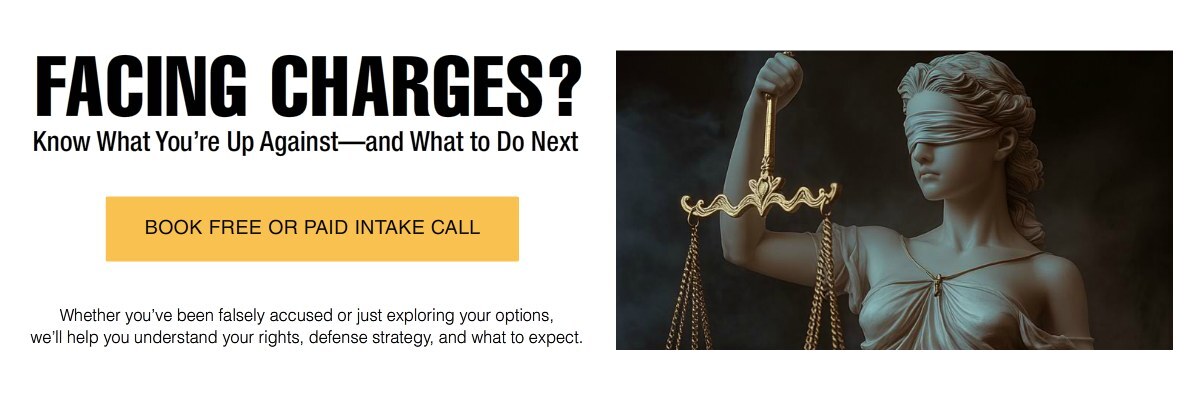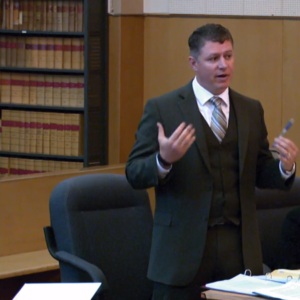Spousal Privilege, the Quiet Shield for Defendants
Jun 11, 2025 Constitutional Rights, Legal Defense & Trial Strategy, Rules of Evidence
Marriage grants two evidentiary shields that can keep private conversations and unwanted testimony out of court. Understanding how these rules actually work can spare families the strain and uncertainty of compelled disclosure.
The testimonial privilege
Courts in every state follow the United States Supreme Court’s lead in Trammel v. United States, 445 US 40 (1980). A witness spouse alone decides whether to speak against the defendant spouse. Prosecutors cannot drag that witness to the stand or force an answer. Oregon codifies the principle in ORS 136.655. The privilege lasts only for the life of the marriage and disappears if the couple divorces before trial, but while it exists the decision remains entirely with the witness.
The marital communications privilege
Oregon Evidence Rule 505 blocks the state from introducing confidential statements exchanged during a valid marriage. Either spouse may invoke this privilege, and it survives divorce as well as death. The policy goal is protecting the zone of privacy that makes candid conversation possible. Because both parties own the privilege, one spouse may stop the other from testifying about those private words.
Where the shield fails
• Voluntary waiver
A witness spouse can choose to testify. Once words are spoken the privilege cannot be reclaimed.
After waiver, every disclosed fact is fair game for cross examination because the law favors the search for truth once privilege is relinquished.
• Crimes against the household
Allegations of violence or abuse inside the family cancel both shields. Oregon follows the common law rule that safety overrides marital privacy.
Courts reason that protecting vulnerable partners and children outranks secrecy.
• Joint criminal venture
Communications made to plan or conceal crime lose protection everywhere in the country.
Privilege is designed to defend trust, not conspiracy.
Practical counsel
Clients often ask what to share at home. The safe answer is as little as possible. Silence keeps loved ones clear of subpoenas and the stress of a witness seat. When a spouse presses for details, a simple explanation works: knowing less keeps the household out of jeopardy.
Two additional habits serve defendants well.
• Speak in person, not over text or email
Digital records live forever and risk discovery even if the spouse refuses to testify.
• Contact counsel before any joint decision
A quick legal consult can flag hidden pitfalls, such as discussing the case in front of friends or children who hold no privilege at all.
A closing thought
Silence costs nothing yet can preserve everything. Knowing when to talk and when to stay quiet may be the single most valuable skill a defendant takes into a criminal case.















